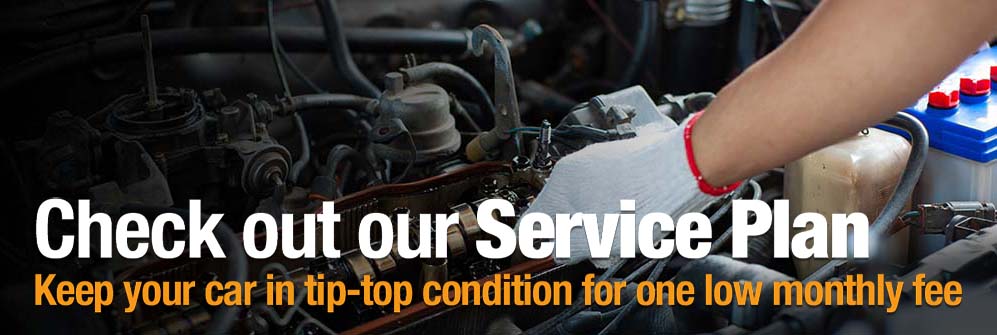What are anti-lock brakes?
Thursday 13th August 2020
What is an anti-lock braking system?
ABS – more formally known as anti-lock braking systems – are standard safety features of all modern cars. ABS prevent the wheels from locking, helping to maintain grip on the road – which is especially beneficial if you come across unexpected trouble on the road. In order to avoid collision or danger, it’s likely you’ll find yourself applying pressure to the brake. This where ABS steps in and ensures you maintain control of your vehicle and prevents skidding on the road.
How do anti-lock braking systems work?
As part of the overall stability system, known as electronic stability control, this system works by having a sensor attached to each wheel enabling the system to monitor your wheels’ braking. If the sensors detect the wheel is about to lock up, the system releases the brake for a moment. ABS then continue to apply just the right amount of braking power to each wheel in order to not lock the brakes, reducing skidding and maintain control of the vehicle. However, it’s important to note that although the feature prevents lack of control and skidding on the road, it can increase your car’s braking distance – so ensure you brake in plenty of time.
Is my car fitted with ABS?
ABS are standard safety features of all modern cars. However, it you drive an older vehicle, you may not have ABS brakes on your vehicle – but you can simulate the system by applying the brake and releasing it repeatedly. As an extremely effective safety feature, it’s recommended to purchase a vehicle with ABS installed, as they can have excellent benefits, such as reducing the likelihood of cars being involved in fatal crashes, reducing the likelihood of straying from the road ahead and reducing frontal collisions on wet and dry roads.
Want to know more about what ABS is in cars? Visit our dedicated car brakes section for everything you need to know. Locate your nearest centre for your brake fitting, or get in touch with a member of our friendly team.















